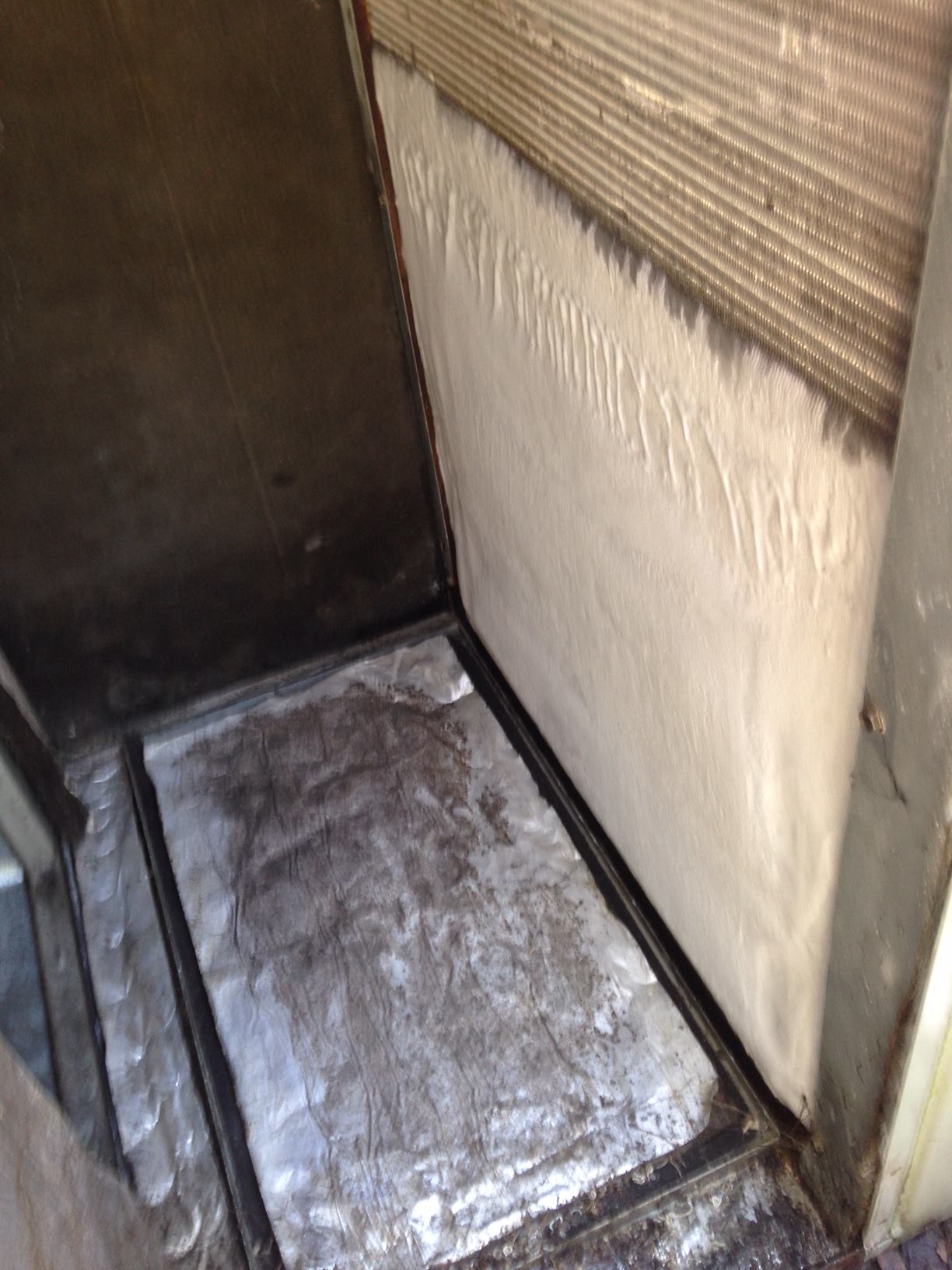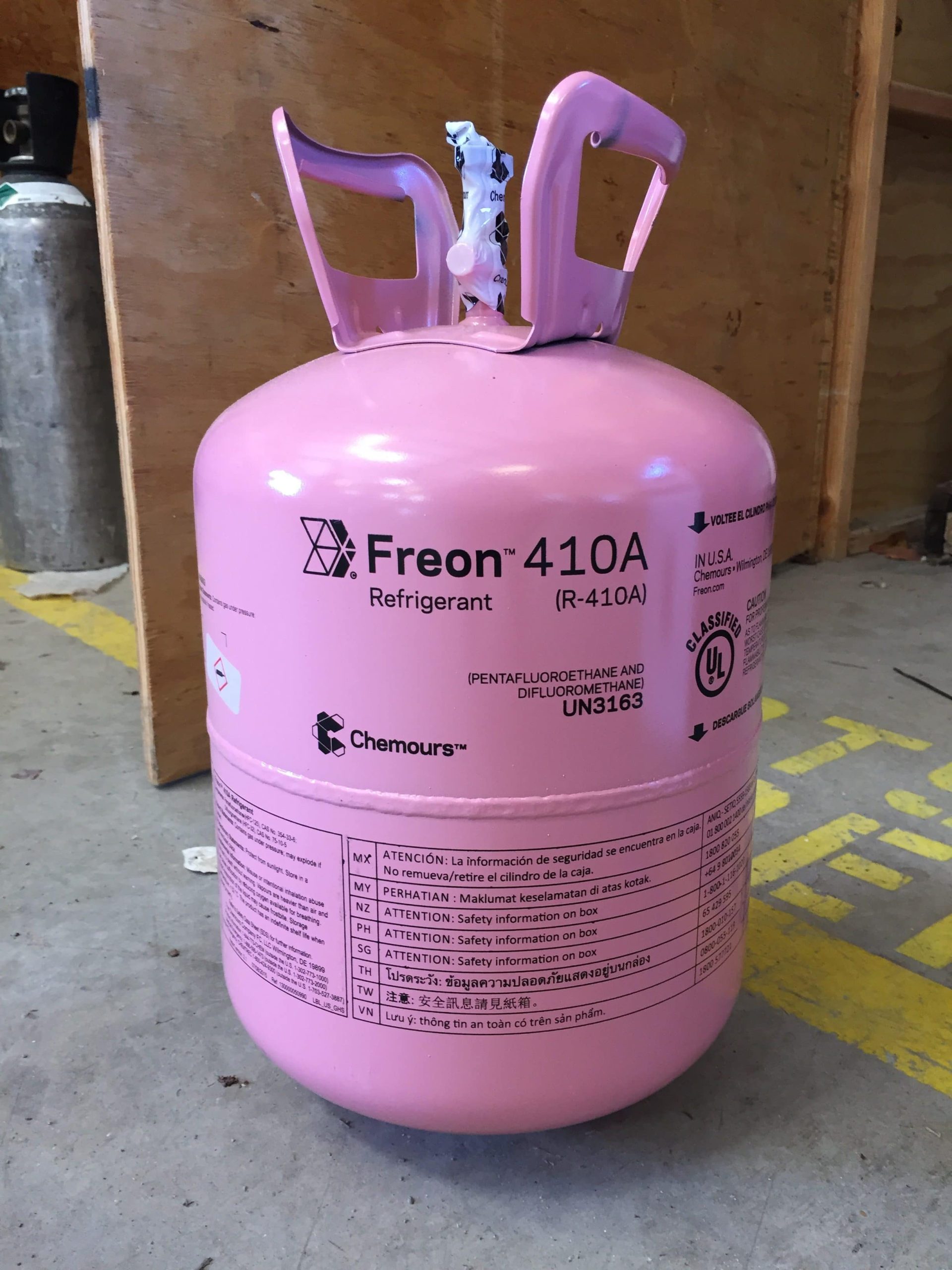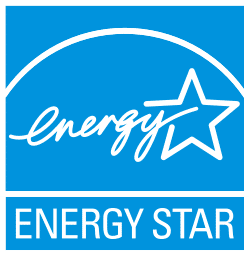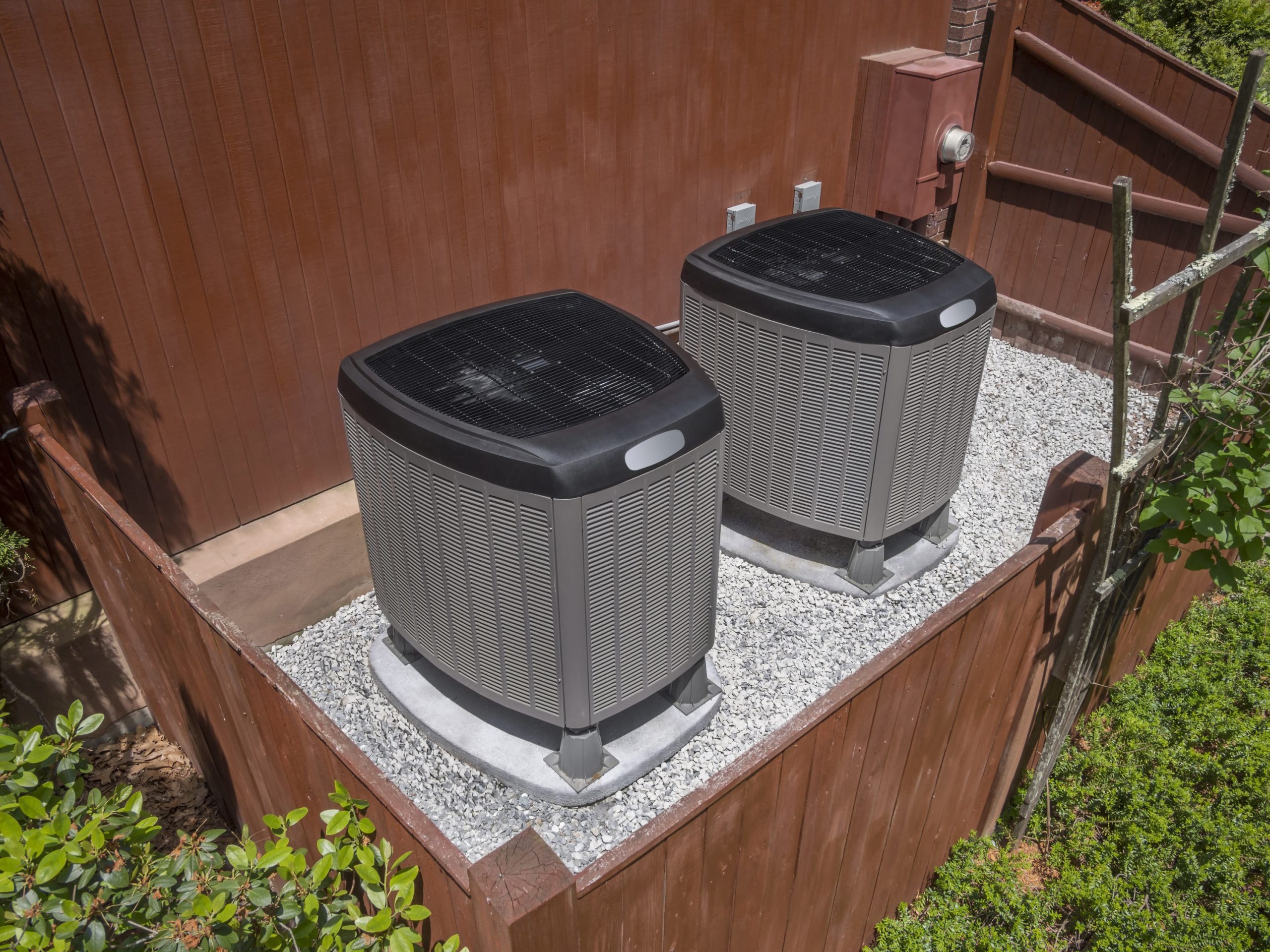Saving Energy in the Summer: Small Changes that Add Up
The power of the summer sun in the Tennessee Valley cannot be denied. Southerners are used to changing their schedules simply to escape the blistering heat of the midday sun and keep the sweat to a minimum. Dogs are walked…







